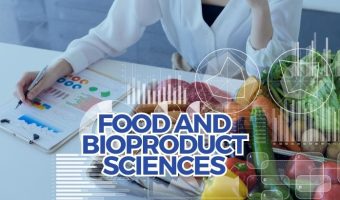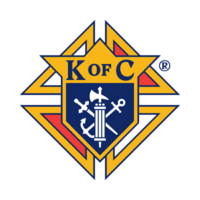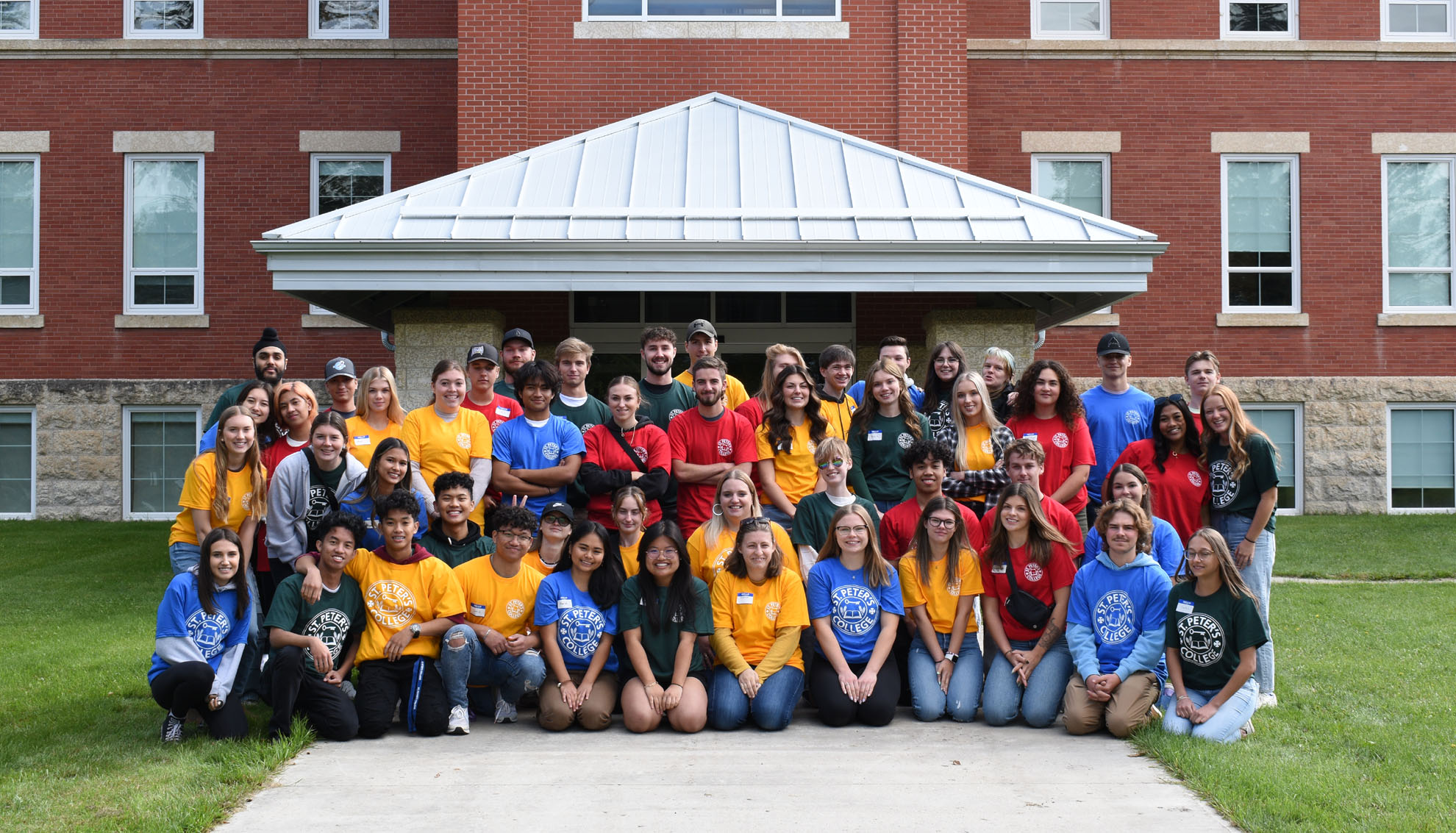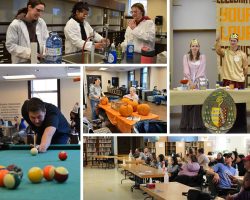Food and Bioproduct Sciences
About This Program
Food and Bioproduct Sciences is a unique multi-disciplinary program that incorporates the knowledge of biology, chemistry, physics, microbiology and engineering to the production of food and bioproducts from plants, animals and microorganisms.
Upon completion of the first year, many St. Peter’s College students move to the U of S main campus to continue their studies. In some instances, students can complete the second year of studies with St. Peter’s College. St. Peter’s students must meet the same promotion standards as U of S students in order to move into the second year of study. Please contact Student Services for more information on promotion standards. Further information on this program can be found directly on the University of Saskatchewan’s website.
What you will Learn
This multi-disciplinary program provides opportunities for you to understand a number of important issues facing Canada’s agri-food sector including:
- the improvement of traditional foods and food processing,
- development of novel functional foods and nutraceuticals using advanced technologies and conversion of underutilized agriculture materials into value-added bioproducts
This focus is in keeping with a contemporary emphasis on non-fossil fuel, climate change and the environment, water safety and quality, food safety and quality, and health and wellness. The program also reflects the tight integration of microbiology and food and bioproduct sciences with respect to production, quality assurance and safety.
First Year Classes
| Term 1 | Term 2 |
|---|---|
|
|
Tuition Estimates
| Canadian | International | |
| Tuition | $7,478 | $27,142 |
| Fees | $300 | $300 |
| Books | $1,000 – $1,500 | $1,000 – $1,500 |
| Total | $8,778 – $9,278 | $28,442 – $28,942 |
Tuition will vary depending on the type and number of classes you take in a year. This estimate reflects a typical amount you could expect to pay in your first year if you enroll in a full course load, the maximum number of courses allowed.
Fees are used to fund specific student benefits.
The cost of books and supplies varies widely depending on the courses you choose. It is recommended that you budget between $1,000-$2,000 per year.
*BASED ON THE RATES DISPLAYED ON OUR TUITION PAGE
Careers
BSA graduates with a major in Food and Bioproducts occupy leadership positions within the agri-food industry, developing new products, packaging and processing methods to improve the quality, shelf life, and nutritional aspects of foods; investigating new methods to improve the safety of foods; working to expand utilization of bioproducts for human and other uses, and in quality control within food companies across North America and Europe. A major in Food and Bioproduct Sciences provides opportunities such as
- food safety inspector
- quality assurance technician
- research technician
- product specialist
- product development technician
As well as in-depth training in food and bioproducts, the BSA provides a broad background in 21st century agriculture. Graduates can be found at all levels of the food and bioproducts sector.
Graduates of our programs will not only leave with excellent industry-endorsed scientific training, but also with a foundation of marketable career skills.
As well, the College’s strong ties with industry and reputation for producing well-rounded, quality graduates means that many businesses turn here first when recruiting employees.
Admission Requirements and Deadlines
Deadlines
St. Peter’s College Deadline:
Students already accepted into their program at the University of Saskatchewan may begin classes at St. Peter’s College anytime before the deadline for registration changes (mid-September and mid-January)
University of Saskatchewan Deadline:
The full list of deadlines for each college at the University of Saskatchewan can be found at the programs specific requirements and deadlines page on their website.
Required High School Classes
-
- Biology 30
- Chemistry 30
- Foundations of Mathematics 30 or Pre-Calculus 30
Students can be admitted into this college with one subject deficiency that must be cleared before the second year of study.
The high school classes that are required for admission purposes are not always the same as classes you will need to complete the degree program you choose. For example, if you want to minor in chemistry, you will need high school chemistry to take your first-year university classes.
Required Grade Average
Applications are considered up until the deadline. Admission is offered on an ongoing basis until all seats are filled. Applicants who do not meet the admission average but otherwise qualify for admission may be placed on a waitlist.
At the discretion of the college, applicants who had been placed on a waitlist may be offered admission based on their place in the waitlist (determined by admission average).
Minimum admission average: 70%
Learn how we calculate your admission average. If you do not meet the minimum admission average, you may be considered for the Transition Program or for special (mature) admission.
English Proficiency
If your first language in not English, you may have to prove proficiency in English before admission. It is expected that applicants interested in this program are fluent in English.
Ready to apply?
Students must apply and be accepted to the University of Saskatchewan and St. Peter's College. The University of Saskatchewan requires a non-refundable application fee of $90 CDN before your application will be processed. St. Peter's College will process your application at no charge.
Search
Related Programs

